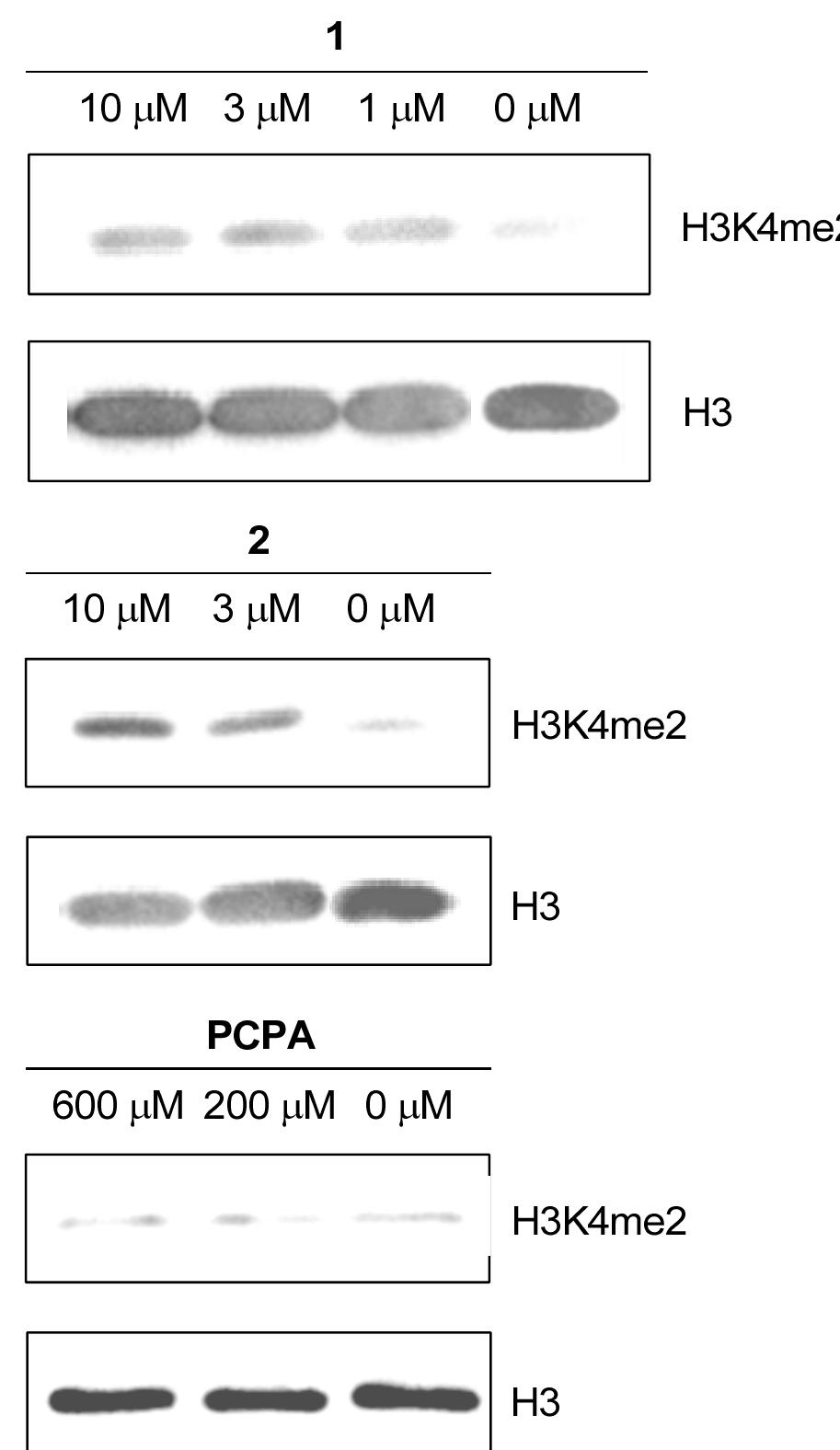Epithelial-mesenchymal transition (EMT) is a plastic and reversible process, essential for development and tissue homeostasis. Under pathological conditions, EMT causes induction of tumor growth, angiogenesis and metastasis. According to... more
This is an open-access article distributed under the terms of the Creative Commons Attribution Noncommercial Share Alike 3.0 Unported License, which allows readers to alter, transform, or build upon the article and then distribute the... more
This is an open-access article distributed under the terms of the Creative Commons Attribution Noncommercial Share Alike 3.0 Unported License, which allows readers to alter, transform, or build upon the article and then distribute the... more
The past decade has been witness to an explosive proliferation of data analytics modalities, all seeking to unravel insight into large-scale data sets. Machine learning and AI methodologies now occupy a central role in analyses of data... more
We have previously found that TdT-interacting factor 1 (TdIF1) is a potential oncogene expressed in non-small cell lung cancer (NSCLC) and is associated with poor prognosis. However, its exact mechanism is still unclear. The... more
Complex regulatory networks control epithelial-to-mesenchymal transition (EMT) but the underlying epigenetic control is poorly understood. Lysine-specific demethylase 1 (LSD1) is a key histone demethylase that alters the epigenetic... more
Epithelial to Mesenchymal Transition (EMT) is a central feature of embryonic development and is also a critical early event in cancer progression and metastasis. Our understanding of the complexity of the chromatin platform and the... more
Pure Diastereomers of a Tranylcypromine-Based LSD1 Inhibitor: Enzyme Selectivity and In-Cell Studies
The pure four diastereomers (11a−d) of trans-benzyl (1-((4-(2aminocyclopropyl)phenyl)amino)-1-oxo-3-phenylpropan-2-yl)carbamate hydrochloride 11, previously described by us as LSD1 inhibitor, were obtained by enantiospecific... more
The pure enantiomers of the N-(2-, 3-, and 4-(2-aminocyclopropyl)phenyl)benzamides hydrochlorides 11aej were prepared and tested against LSD1 and MAO enzymes. The evaluation of the regioisomers 11a ej highlighted a net increase of the... more
A new series of pyrrole/indole-containing tranylcypromine analogues is reported as potent and selective LSD1 inhibitors active in leukemia.
Pure Diastereomers of a Tranylcypromine-Based LSD1 Inhibitor: Enzyme Selectivity and In-Cell Studies
The pure four diastereomers (11a−d) of trans-benzyl (1-((4-(2aminocyclopropyl)phenyl)amino)-1-oxo-3-phenylpropan-2-yl)carbamate hydrochloride 11, previously described by us as LSD1 inhibitor, were obtained by enantiospecific... more
The pure enantiomers of the N-(2-, 3-, and 4-(2-aminocyclopropyl)phenyl)benzamides hydrochlorides 11aej were prepared and tested against LSD1 and MAO enzymes. The evaluation of the regioisomers 11a ej highlighted a net increase of the... more
A new series of pyrrole/indole-containing tranylcypromine analogues is reported as potent and selective LSD1 inhibitors active in leukemia.
Pure Diastereomers of a Tranylcypromine-Based LSD1 Inhibitor: Enzyme Selectivity and In-Cell Studies
The pure four diastereomers (11a−d) of trans-benzyl (1-((4-(2aminocyclopropyl)phenyl)amino)-1-oxo-3-phenylpropan-2-yl)carbamate hydrochloride 11, previously described by us as LSD1 inhibitor, were obtained by enantiospecific... more
The primary role of the water-soluble vitamin B 2 (riboflavin) in cell biology is connected with its conversion into FMN and FAD, the cofactors of a large number of dehydrogenases, oxidases and reductases involved in a broad spectrum of... more
LSD1 is a lysine demethylase highly involved in initiation and development of cancer. To design highly effective covalent inhibitors, a strategy is to fill its large catalytic cleft by designing tranylcypromine (TCP) analogs decorated... more
A new series of pyrrole/indole-containing tranylcypromine analogues is reported as potent and selective LSD1 inhibitors active in leukemia.
Pure Diastereomers of a Tranylcypromine-Based LSD1 Inhibitor: Enzyme Selectivity and In-Cell Studies
The pure four diastereomers (11a−d) of trans-benzyl (1-((4-(2aminocyclopropyl)phenyl)amino)-1-oxo-3-phenylpropan-2-yl)carbamate hydrochloride 11, previously described by us as LSD1 inhibitor, were obtained by enantiospecific... more
LSD1 is a lysine demethylase highly involved in initiation and development of cancer. To design highly effective covalent inhibitors, a strategy is to fill its large catalytic cleft by designing tranylcypromine (TCP) analogs decorated... more
The past decade has been witness to an explosive proliferation of data analytics modalities, all seeking to unravel insight into large-scale data sets. Machine learning and AI methodologies now occupy a central role in analyses of data... more
Androgen receptor (AR) is reactivated in castration-resistant prostate cancer (CRPC) through mechanisms including marked increases in AR gene expression. We identify an enhancer in the AR second intron contributing to increased AR... more
A repressor of the transition to flowering in Arabidopsis is the MADS box protein FLOWERING LOCUS C (FLC). FCA, an RNA-binding protein, and FY, a homolog of the yeast RNA 3 0 processing factor Pfs2p, downregulate FLC expression and... more
Purpose: The objective of this study was to investigate the epigenetic role of histone lysine methylation/demethylation on the expression of epithelial-to-mesenchymal transition (EMT) associated transcriptional factors (TFs) during the... more
Aberrant epigenetic changes in DNA methylation and histone acetylation are hallmarks of most cancers, whereas histone methylation was previously considered to be irreversible and less versatile. Recently, several histone demethylases were... more
Lysine-specific demethylase 1 (GeneID 23028), a flavin-dependent monoamine oxidoreductase and a histone demethylase, serves as an epigenetic coregulator of transcription. Lysinespecific demethylase 1 is up-regulated in neuroblastoma and... more
Epithelial-mesenchymal transition (EMT) is a plastic and reversible process, essential for development and tissue homeostasis. Under pathological conditions, EMT causes induction of tumor growth, angiogenesis and metastasis. According to... more
A new exciting area in cancer research is the study of cancer stem cells (CSCs) and the translational implications for putative epigenetic therapies targeted against them. Accumulating evidence of the effects of epigenetic modulating... more
























